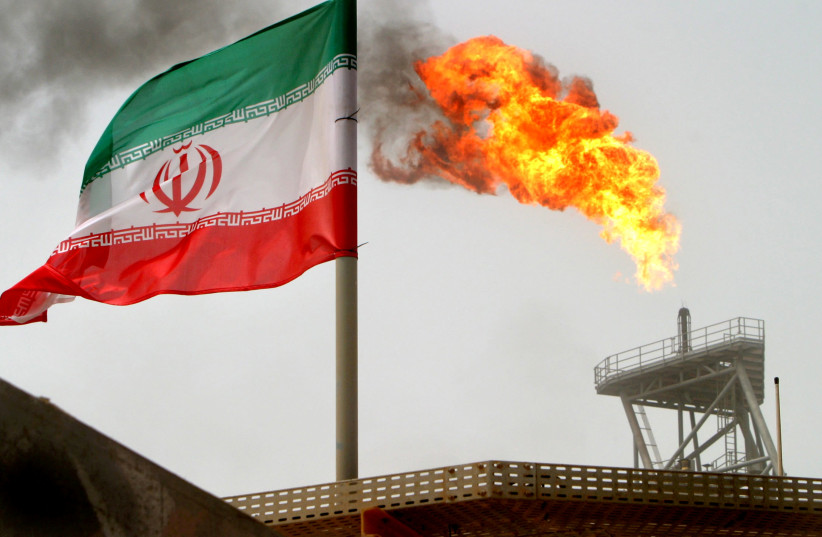Iranian Foreign Minister Abbas Araghchi spoke with his Spanish counterpart, José Manuel Albares Bueno, and bragged about Iran starting to use advanced centrifuges as part of its nuclear program.
The diplomat seems to be communicating this to try to pressure Europe after a resolution against Iran by the International Atomic Energy Agency’s Board of Governors.
The Iranian talking point is all about messaging. The minister isn’t responsible for centrifuges, and it’s important to understand that Iran is using nuclear diplomacy as it has for two decades, going back to the era of president Mahmoud Ahmadinejad and foreign minister Javad Zarif.
It was through nuclear diplomacy that Iran got the deal in 2015. The deal ostensibly slowed down Iran’s nuclear program. However, what Iran really wanted was an end to pressure by the West on its proxies.
The nuclear deal was likely influential in getting Hamas to move to Doha and bringing the Houthis to power in parts of Yemen. Recall that in 2015, the Houthis made an attempt to take Aden on the coast of Yemen, bringing Saudi Arabia to war against them. At the time, the US was cold on Saudi intervention. Why? Because Iran wanted the deal, so Washington and the West appeased Iran.

Iran views the nuclear program as more than the sum of its parts. That doesn’t mean more than the sum of its nuclear parts, but that the program is a pathway to Iranian power in the region. Iran sees the program the way Carl von Clausewitz argued nations should see war. War is part of a much larger national interest that includes diplomacy and other aspects of national policy.
The sums of its parts
“On the sidelines of the meeting of the United Nations Alliance of Civilizations Global Forum in the city of Cascais, Portugal, he [Araghchi] met with Spanish Foreign Minister José Manuel Albares Bueno and discussed the issues of interest to both sides, including bilateral relations and regional and international developments,” Iranian IRNA state media reported this week.
“In this meeting, [the] Iranian foreign minister reminded the Islamic Republic of Iran’s principled approach of expanding interaction and cooperation in order to promote peace and understanding between nations and cultures and noted the importance of the rule of law in international relations and adherence to international rules and standards.”
Other Iranian media focused on the statements about Iran activating “thousands” of centrifuges. The goal here is to increase pressure on Europe ahead of the return of President-elect Donald Trump to the White House. Iran knows that pressure is coming from Washington. The train has left the station. Tehran hopes the nuclear brinkmanship can buy it some time.
